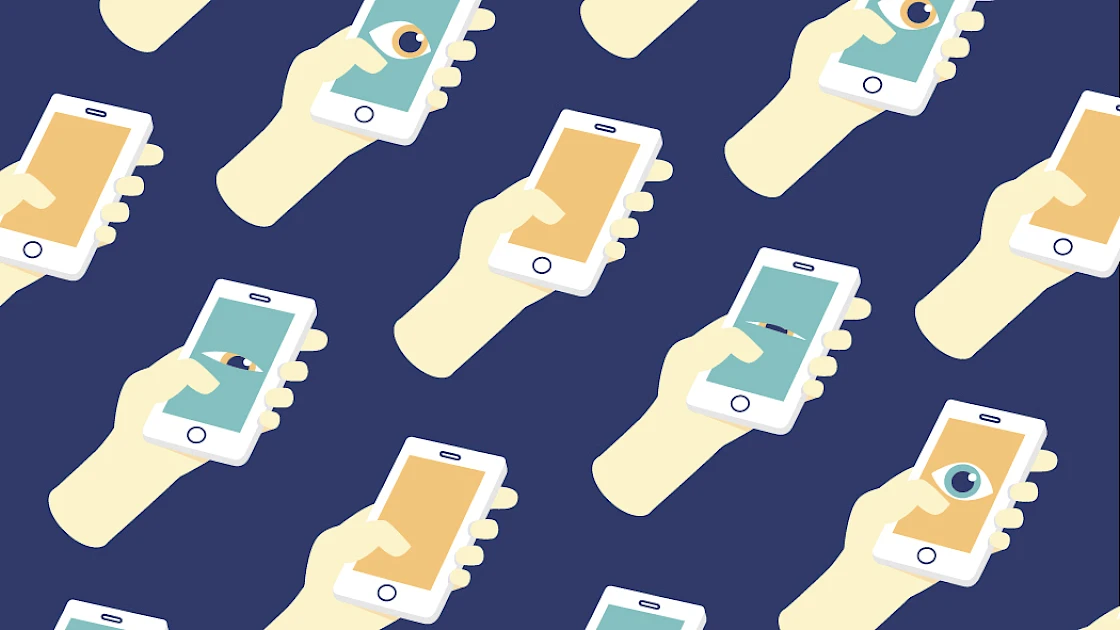Thanks to the increasingly popular digital lifestyle trend, more data is shared online these days. That may be more convenient for sharing with friends and businesses, but it also means data is more vulnerable.
Perhaps the most conspicuous recent example of these security vulnerabilities comes in the form of Facebook’s latest data privacy breach. In late September the social network said “almost 50 million” of its users were exposed by a security flaw.
As long as you are careful though, you shouldn’t have to stop using social media channels or search engines completely just to regain control over your data. All you need are a few practical tips.
Data Overload
Believe it or not, approximately 90% of the data on the web was created since 2016, according to an IBM Marketing Cloud study. This is partly because businesses and new connectivity options have accelerated data production.
Yet, the proliferation of information is also attributable to consumers’ increasing willingness to share personal data. In exchange for giving up that personal data, they can access content, buy products and services, and share their opinions in surveys and on social media channels.
It’s this personal data availability that provides some incredible statistics about how data is produced and consumed on a daily basis. For example, The Next Web noted there were 1,209,600 new data-producing social media users each day. Plus, Domo noted that users upload over four million hours of content to YouTube every day.
Who Has Your Data?
With so much data being shared freely, many people still don’t realize the implications of providing personal information. One explosive article recently published in The Guardian illustrated just how much Google knows about each person who uses its products.
Is Google “Big Brother”? You can see just how closely Google has been tracking you by visiting this URL: https://www.google.com/maps/timeline?pb. Talking about a personal stalker! This link reveals a timeline of every place you have been while using Google on your mobile device.
Google also maintains an advertising profile for each user, tracking your searches, what you’ve deleted, what apps you regularly use, what’s in your Google docs, and what you’ve watched on YouTube.
And it’s not just Google. Facebook maintains similar information on each of its users.
How Your Personal Data is Being Used
The Facebook and Cambridge Analytica scandal uncovered how personal data was being collected, sold, and used. The truth came as a shock to most social media users. It illustrated the somewhat blind trust many users placed in social media sites. These users believed that their personal data would remain private. To be betrayed by the channel they trusted made many wonder how else their personal data was being used by other companies.
Tracking personal data has certainly provided benefits to many brands and by extension to their customers and prospects. Those benefits include better search results and product recommendations. However, most of us want to retain control over which companies can access and use our data. A Pew Research Center study found that 93% of those surveyed wanted to control who could access their personal information.
How to Regain Data Privacy
The desire to get this control back has yielded many potential solutions. In Europe, for example, this need was the impetus for the General Data Protection Regulation (GDPR). Although similar regulation has yet to be established in the U.S., this legal framework sets a precedent that puts control over private data back in the hands of those who own it.
There are lots of ways users can achieve data privacy:
- Read privacy policies. Most of us see these policies and just keep scrolling. Yet it’s important to read this information. A company must declare what they plan on doing with your data and how or if they store it. Much of what Facebook did was disclosed in their privacy policies, but no one bothered to read those policies. Once you know what the company plans to do with your data, you can choose not to do business with it, or follow instructions on opting out of sharing certain data with it.
- Be wary of public WiFi. Many of us get so excited over a restaurant or other location offering free WiFi access that we don’t stop and consider the risks. Before you use that free WiFi, check and see how they plan on protecting data that you send or receive across the network. You may just want to wait for a secure network at home or the office.
- Use a personal hybrid cloud solution. We created Amber with data privacy in mind. At first, it may look like a hard drive, but it’s so much more than that. Amber offers a WiFi router, personal hybrid cloud, and AI-powered multimedia storage device in one solution. Your data — whether it’s photos, documents, videos or any other content — always remains with you, not some third party. You get total control over data privacy, instead of giving it up to some faceless corporate entity and wondering what it’ll do with that data. It’s up to you when, how, and with whom you want to share any of your information. Learn more about Amber, how it works, and data privacy.

Get 10% Off Your First Order
Subscribe to the Amber Newsletter.
